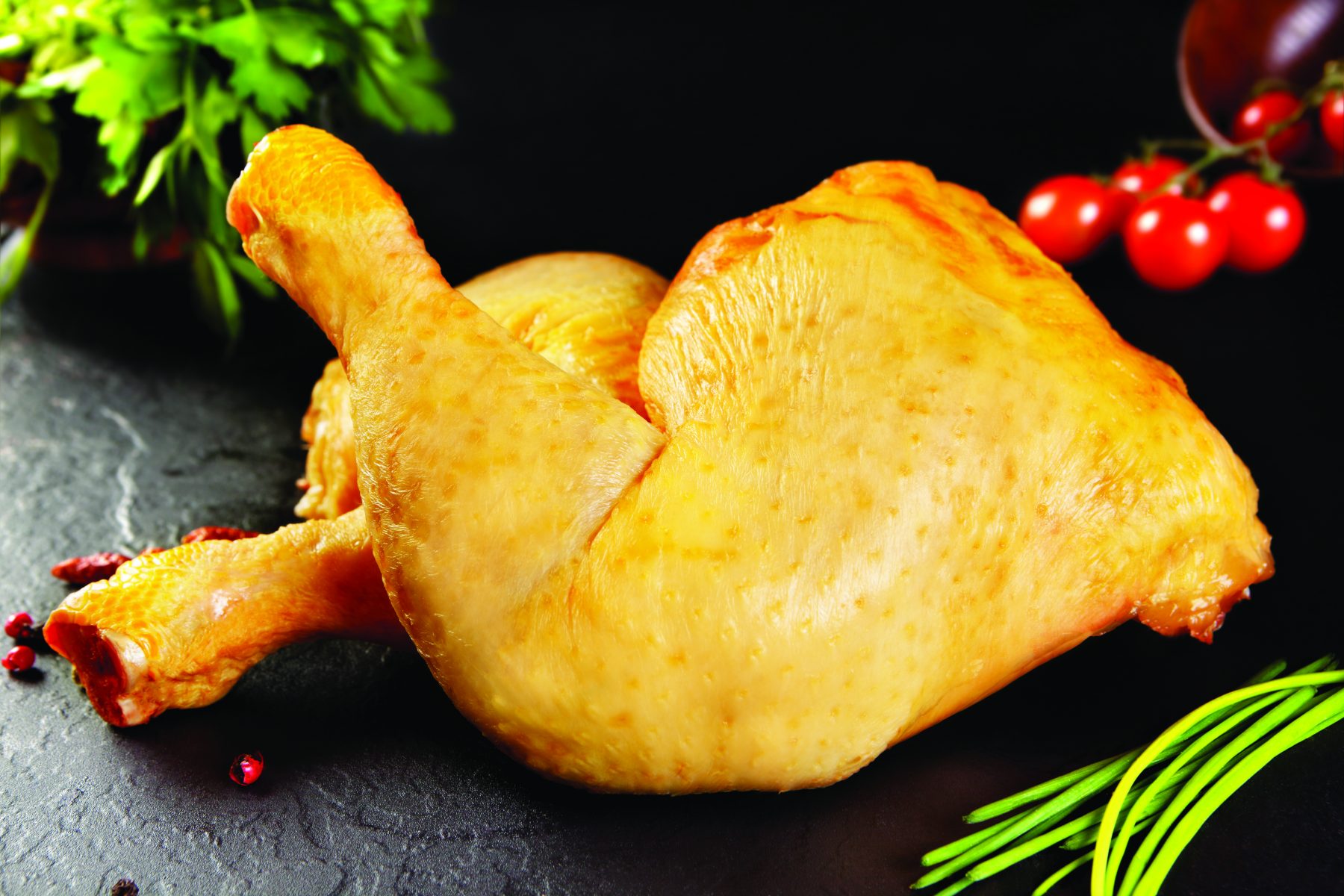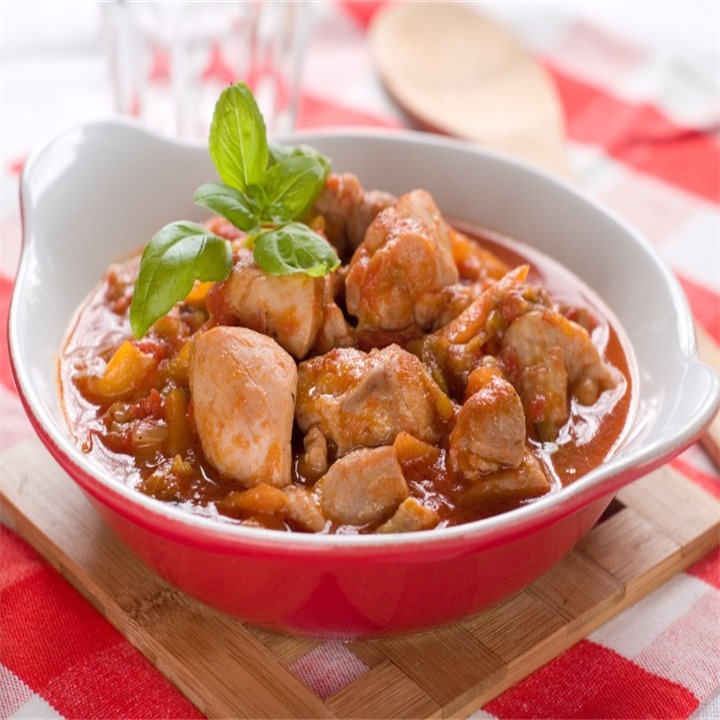Chicken breast is one of the most popular sources of lean protein. Many people eat it for its high protein content and low calories. But how many calories are actually in a chicken breast? In this article, we’ll take a detailed look at the calorie and nutrient content of chicken breast.
Calorie Content of Chicken Breast
The calorie content of chicken breast can vary depending on a few factors
-
Size of the breast – A larger breast will have more calories than a smaller one.
-
Cooked vs raw – Cooking chicken breast adds some calories due to absorption of oil or other cooking fats.
-
With skin vs skinless – Chicken breast with the skin on contains more fat and calories.
According to the USDA, one large, skinless, roasted chicken breast (172g) contains:
- Calories: 165
- Protein: 43g
- Fat: 3g
- Carbs: 0g
So in general, a typical large skinless cooked chicken breast contains around 165 calories.
The calorie content is significantly lower if you eat it without cooking or remove the skin:
- 1 large raw chicken breast (172g) = 143 calories
- 1 large skinless grilled chicken breast (140g) = 128 calories
Below are some more common chicken breast serving sizes and their calorie content:
- 100g raw chicken breast = 110 calories
- 100g cooked chicken breast = 165 calories
- 1 small chicken breast (124g) = 120 calories
- � cup shredded chicken breast = 90 calories
So as you can see, the more chicken breast you eat, the more calories it will contain. Your best bet is weighing chicken breast before cooking to determine accurate calorie counts.
Nutrients in Chicken Breast
Chicken breast is popular among fitness enthusiasts and dieters because it provides lots of protein without too many calories.
A 3-ounce serving of skinless chicken breast contains:
-
26 grams of protein – chicken is one of the highest protein foods. The protein helps with muscle growth and repair.
-
Vitamin B6 – 14% of the RDI. Important for metabolism and immunity.
-
Niacin – 16% of the RDI. Helps convert nutrients into energy.
-
Selenium – 24% of the RDI. Has antioxidant properties that protect cells.
-
Phosphorus – 12% of the RDI. Helps strengthen bones and generate energy in cells.
-
Small amounts of riboflavin, pantothenic acid, potassium, magnesium and iron.
Chicken breast contains all of these nutrients with minimal fat, carbs and calories. This makes it an excellent choice as part of a healthy, balanced diet.
Choosing and Cooking Chicken Breast
When purchasing chicken breast, there are a few things to keep in mind:
-
Go for skinless to reduce fat and calories. Chicken skin contains about 50% more calories than chicken meat.
-
Avoid breaded or fried chicken. Opt for grilled, baked or roasted.
-
Portion control is key. Weigh or visually portion chicken breast to avoid overeating.
-
Buy organic and free-range chicken when possible. These are more nutritious and ethical choices.
When cooking chicken breast, aim for an internal temperature of 165°F / 75°C to kill any bacteria. The healthiest cooking methods are grilling, roasting, baking or pan frying with minimal oil.
Here are some healthy ways to prepare chicken breast:
-
Greek chicken with veggies – Top with lemon, oregano, tomatoes, onions, etc.
-
Chicken salad – Shred and mix with veggies, nuts, seeds, oil, vinegar, spices, etc.
-
Chicken stir fry – Cook with your favorite veggies in a small amount of olive or avocado oil.
-
Chicken tacos – Dice or shred chicken and wrap in corn tortillas with toppings.
-
Chicken sandwiches – Shred chicken and place on whole grain bread or lettuce wraps.
Chicken Breast for Weight Loss
Chicken breast can be an effective food for weight loss because it’s low in calories but very filling. Replacing high calorie meats like beef with chicken can help reduce overall calorie intake.
In one study, people who ate chicken instead of beef for lunch felt fuller despite consuming fewer calories. Eating more filling, low calorie foods may aid appetite control and weight loss.
Chicken breast is also very high in protein while low in fat. Numerous studies show that high protein diets promote weight loss by:
- Increasing satiety and reducing appetite
- Preserving or building muscle mass during weight loss
- Increasing thermogenesis (calorie burning)
Aim for 0.6-0.8 grams of protein per pound (1.3-1.8 g/kg) of body weight if using a high protein diet for weight loss. This can easily be achieved by incorporating chicken breast and other lean protein sources like fish, lean beef, eggs, Greek yogurt and beans.
Bottom Line
Chicken breast is one of the most versatile, nutritious and lean protein choices available.
One large skinless chicken breast provides around 165 calories and 43 grams of protein. It’s an excellent source of B vitamins, selenium, phosphorus and other nutrients.
Eating chicken breast can promote weight loss due to its high protein, low calorie content. It helps keep you full for longer on fewer calories compared to other protein choices.
Overall, chicken breast is a healthy addition to most diets and provides lots of nutrition in few calories. It can be part of a sustainable, delicious eating pattern that helps you get lean and stay healthy.

Chicken Thighs – per 100g
Energy kcal
236
Energy kj
981
Protein g
20.9
Carbs g
0.0
Fats g
16.9
saturated g
4.6
Sodium g
0.1
Salt g
0.30

Chicken Legs – per 100g
Energy kcal
236
Energy kj
981
Protein g
20.9
Carbs g
0.0
Fats g
16.9
saturated g
4.6
Sodium g
0.1
Salt g
0.30

Is Tracking Your Food Raw Ruining Your Gains?
FAQ
How many calories are in one full chicken breast?
According to the United States Department of Agriculture (USDA), one 120g serving of boneless, skinless chicken breast has 193 calories, with 36 grams of …Aug 21, 2023
How many calories are in a whole can of chicken breast?
| Protein (g) | 31.62 |
|---|---|
| Total lipid (fat) (g) | 10.12 |
| Carbohydrate, by difference (g) | 1 |
| Energy (kcal) | 230 |
| Sugars, total (g) | 0 |
How many calories are in 1 chicken breast with skin?
One boneless, cooked chicken breast with skin (196 g) contains : Calories: 386. Protein: 58.4 g. Fat: 15.2 g.
How many calories are in a fully cooked chicken breast?
Chicken breast is low in fat and high in protein. A 100-gram chicken breast contains 165 calories, compared to 206 calories in a 100-gram chicken thigh.Oct 10, 2024
